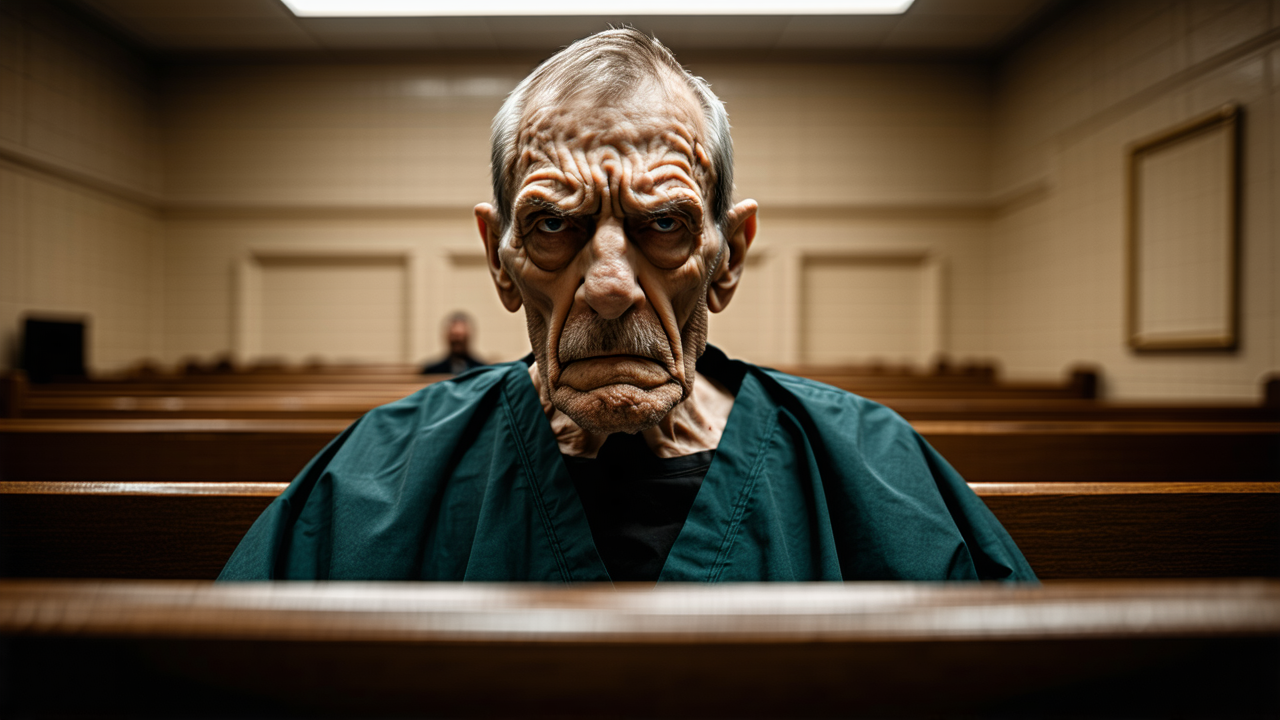Mass Murderer Raymond Wahia Ratima Denied Parole, Explains His Actions
Mass Murderer Raymond Wahia Ratima Denied Parole, Explains His Actions
Raymond Wahia Ratima, the man responsible for the brutal killing of seven people in 1992, has once again been denied parole—this time for the 16th time since his sentencing in 1993. The decision, made by the Parole Board, came after a deeply emotional hearing in which Ratima, now 57, expressed remorse for his actions and explained the motivations behind the tragic events that unfolded in his in-laws’ home in Masterton.
Ratima’s victims included three of his own young children, his brother-in-law, his heavily pregnant sister-in-law, her partner, their child, and his father-in-law. The massacre, which occurred after a bitter relationship breakdown, left a lasting impact on the community and the families of the victims.
During the hearing, Ratima spoke tearfully about his deep regret and the pain of losing the people he loved. “I’m very sorry and miss them profusely, all of them, the seven members of the whānau whose lives I took,” he said, acknowledging the gravity of his crime.
One of the board members asked Ratima directly why he had taken the lives of those he loved. He admitted it was a selfish act driven by a desire to prevent the victims from being with anyone else after their relationship had fallen apart. “It was a very selfish thing, it is one of the most regretful and stupid things,” he said, expressing his deep remorse.
Ratima also reflected on his role as a father, acknowledging that his children were born when he was very young and that he had hoped to raise them in a loving environment free from violence, drugs, and alcohol. “I wanted to teach them how to love others and to be loved,” he said.
Despite his attempts to find peace over the years, Ratima admitted that the memories of that fateful night continue to haunt him. “Just all those memories. That horrifying night which keeps coming back at me when I’m just lying in my bed or my dreams, nightmares,” he said.
The board members expressed concerns about Ratima’s shifting accounts of the events, with one noting that he had previously claimed he had not intended to kill the victims. However, Ratima has since admitted that he went to the house with the intent to kill.
Ratima’s lawyer noted that while his behavior in prison has been largely positive, he has declined to attend a special treatment program for violent offenders due to safety concerns. The board has directed that he may apply for parole again in six months, during which time he can seek an independent psychological assessment.
Despite his remorse and the progress he has made in prison, the board has again ruled against his release, emphasizing that the victims’ families continue to oppose any possibility of his early release. They have also requested that, if he is ever paroled, he be banned from the North Island.
Ratima will next appear before the Parole Board in January 2026. The case remains a somber reminder of the long-lasting impact of violent crimes on individuals, families, and communities.
